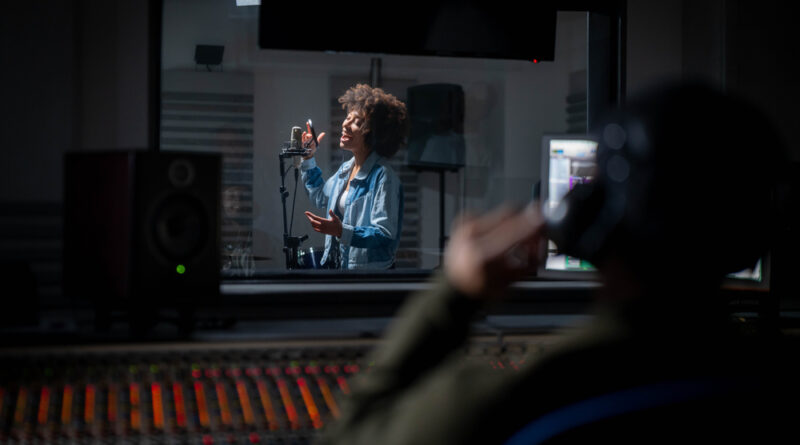Who Owns the Music: Artists or Studios?
The music industry is a dynamic landscape where creativity and business intricately intertwine. One of the fundamental questions that often arises is the ownership of the music – a topic that has sparked debates and legal battles for decades. At the core of this debate lies the question: Do artists or studios hold the rightful ownership of the music they create?
This question is not just a matter of legal technicalities; it has far-reaching implications for the livelihoods of musicians, the profitability of studios, and the overall artistic landscape. To explore this complex issue, we must delve into the various factors that influence music ownership and the relationship between artists and studios.
Historical Perspective:
In the early days of the music industry, recording contracts heavily favored record labels and studios. Artists often found themselves signing away their rights and creative control in exchange for exposure and the opportunity to record. This gave studios significant ownership over the recorded music, including the rights to distribution, sales, and royalties.
However, over time, artists began to realize the importance of retaining ownership of their creative works. Musicians like The Beatles and Prince fought against restrictive contracts and paved the way for more equitable agreements between artists and studios.
Modern Dynamics:
In the digital age, the landscape has shifted again. With the rise of independent distribution platforms and the ability to self-publish, artists have gained more control over their music. This newfound autonomy has led to the emergence of a new wave of musicians who are able to retain ownership and reap the benefits of their hard work.
In this era, many artists view studios more as collaborators than gatekeepers. While studios still offer valuable resources, expertise, and production quality, partnerships are increasingly based on shared goals and creative vision rather than one-sided ownership agreements.
Factors Influencing Ownership:
- Recording Contracts: The terms of recording contracts play a pivotal role in determining music ownership. These contracts can range from work-for-hire agreements where studios retain ownership, to licensing agreements that allow artists to maintain more control.
- Independent Artists: Independent artists who choose to self-publish and distribute their music have greater ownership over their work. They control every aspect of their music, from creation to release, allowing them to retain all profits and rights.
- Major Labels: Major record labels still play a significant role in the music industry. While they offer resources for production, marketing, and distribution, they often retain a portion of the ownership and profits.
- Creative Control: The level of creative control an artist maintains can influence ownership. Artists who have a say in production, composition, and arrangement are more likely to assert ownership rights.
- Copyright Laws: Copyright laws vary by jurisdiction and can impact ownership. In some cases, copyright may initially belong to the studio or label, but ownership may revert to the artist after a certain period.
Balancing Act:
The ownership debate is not one-size-fits-all; it requires a delicate balance between the interests of artists, studios, and the broader music industry. Many artists recognize the value that studios bring in terms of expertise, resources, and exposure. Studios, on the other hand, invest in artists’ careers and often take financial risks to support their projects.
As the music industry continues to evolve, there is a growing emphasis on equitable partnerships. Studios are now more likely to offer artists fair deals that allow both parties to benefit from the music’s success. Similarly, artists are better equipped to negotiate for ownership rights that align with their creative contributions.
In Conclusion:
The question of who owns the music – artists or studios – is a nuanced and multifaceted issue. The answer is shaped by historical context, contractual arrangements, creative autonomy, and the changing landscape of the music industry. The modern era sees a shift towards artists having more agency and control over their creative output, while studios adapt to new models of collaboration.
Ultimately, the most effective solutions lie in transparent communication, fair agreements, and a mutual understanding of the value each party brings to the table. As the music industry continues to evolve, it is crucial to strike a balance that fosters creativity, rewards innovation, and sustains a vibrant ecosystem for both artists and studios.

